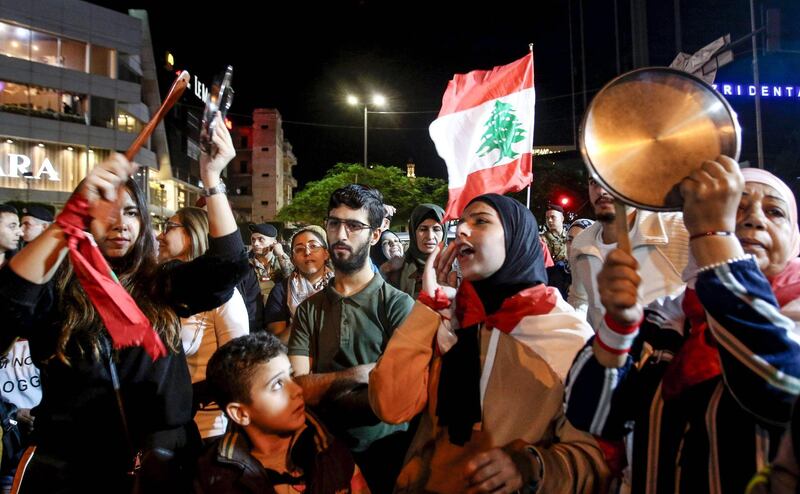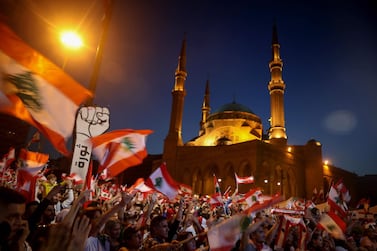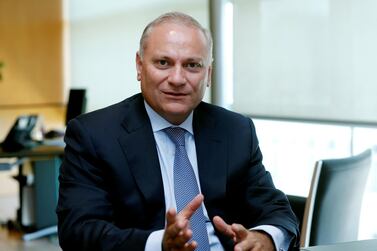France is hosting a meeting on Wednesday to help restore stability to Lebanon, which faces its greatest economic crisis since the end of its last civil war in 1990.
A rebound in confidence requires a reduction in pressure on Lebanon’s financial system and local currency, which hinges on a string of measures including the formation of a new government able to check its fiscal deficit and spur growth.
“This meeting should allow the international community to call for the swift formation of an effective and credible government that will take the decisions needed to ensure economic recovery and respond to the aspirations expressed by the Lebanese people,” according to a statement from France’s ministry for Europe and foreign affairs, which is hosting the working meeting co-chaired by Paris and the UN.
“The necessary conditions and the much-need anticipated reforms on the part of the Lebanese government must be clarified in order for the international community to be able to lend its support to Lebanon,” the statement added.
France hosted a conference last year where international donors pledged $11 billion (Dh40.04bn) in assistance to Lebanon based on the country implementing a set of structural and economic reforms. Lebanon, which has one of the world’s highest debt to gross domestic product ratios, has been unable to unlock the funds due to political bickering that paralysed the government of the now caretaker prime minister Saad Hariri from implementing the required changes.
There appears little prospect of any meaningful developments from the meeting in Paris this week. That largely comes down to the country sending a low-level delegation to the conference, which lacks decision-making powers and more importantly has no concrete programme to present to extract tangible support that changes the economic dynamics in the country and ends the impasse.
“You need to have a government in place or the current caretaker government to form a crisis management committee to address the pressing economic and financial issues,” said Nassib Ghobril, chief economist at Byblos Bank. “You need to go and present something credible, the perception of the political class is that there is no sense of urgency and they are deepening the crisis of confidence of the citizens and the private sector.”
Lebanon has been gripped by nationwide protests for the past two months with citizens demanding reforms and changes in the political system that has governed the country since the end of a 15-year civil war in 1990. The protests are the largest the country has seen since the assassination of former prime minister Rafik Hariri in 2005, which led to Syria withdrawing its troops from Lebanon after a 29-year presence there.
Citizens blame Lebanon’s political elite for widespread corruption and nepotism, which they say contributed to the country accruing $86bn of public debt equivalent to 150 per cent of GDP debt.
The crisis has led to the Lebanese pound losing about 20 per cent of its value against the US dollar in the local black market and Lebanese banks enforcing capital controls and limits on credit cards. Limited access to the greenback has affected trade and prompted Mr Hariri to seek aid from friendly countries to help secure the import of food and raw materials.
One positive element that could come out of the Paris meeting is the possibility of countries or organisations providing budgetary support to the government and extending lines of credit to ease the liquidity crisis and enable the country to import goods.
“That would be an achievement,” said Mr Ghobril, who added with muted enthusiasm, the likely outcome would be a reaffirmation of the $11bn of aid previously pledged to the country. Ultimately, he added, there needs to be a functioning government with a plan to implement necessary structural reforms.
“They will reiterate support but they will say help yourself so we can help you,” he said.









